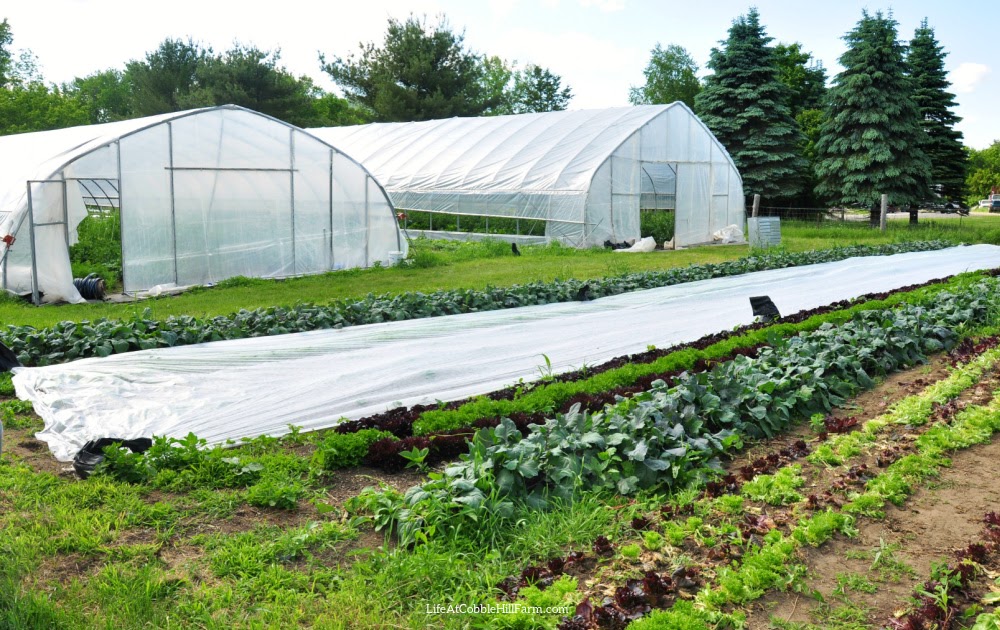Planning a 15 acre homestead can be an exciting and rewarding experience. Whether you’re a seasoned farmer or a passionate homestead dreamer, understanding how to manage your land and livestock is crucial. In this article, we’ll explore key strategies for successful 15 acre homestead livestock planning. From selecting the right animals to optimizing pasture use, we’ll cover everything you need to know to create a thriving and sustainable homestead.

Understanding Your Land
Before diving into livestock planning, it’s essential to understand the characteristics of your land. Assessing the soil quality, climate, and topography will help you determine which animals and crops will thrive. Consider conducting a soil test and consulting with local agricultural experts for personalized advice.
Selecting the Right Livestock
Choosing the right livestock is a critical component of homestead planning. Here are some popular options:
Chickens
Chickens are a versatile addition to any homestead. They provide eggs, meat, and natural pest control. Consider different breeds based on your climate and desired egg production.
Goats
Goats are known for their milk production and land-clearing abilities. They are suitable for both small and large homesteads. Learn more about raising goats here.
Cattle
Cattle can provide milk, meat, and leather. Ensure you have adequate space and resources to support them before adding them to your 15 acre homestead.
Pigs
Pigs are excellent for meat production and can help with soil aeration. They require sturdy fencing and proper management to prevent them from escaping.
Pasture Management
Effective pasture management is crucial for maintaining healthy livestock and land. Rotate your animals regularly to prevent overgrazing and promote regrowth. Implementing a rotational grazing system can enhance soil fertility and reduce the risk of parasites.
Water Resources
Access to clean water is vital for livestock health. Ensure you have a reliable water source on your homestead. Consider installing rainwater collection systems or drilling a well if necessary.
Building Shelter
Providing adequate shelter is essential for protecting your animals from harsh weather conditions. Design and construct shelters that offer proper ventilation, insulation, and protection from predators.
Feeding Your Livestock
Proper nutrition is key to healthy livestock. Invest in high-quality feed and supplements that meet the dietary needs of your animals. Consider growing your own feed crops to reduce costs and ensure a sustainable supply.
Disease Prevention and Veterinary Care
Regular veterinary care and disease prevention measures are crucial for maintaining livestock health. Keep vaccinations up-to-date, monitor for signs of illness, and develop a relationship with a local veterinarian.
Income Diversification
Consider diversifying your homestead income by selling surplus produce, eggs, or meat. Explore creative options such as agritourism or hosting events. Discover more ideas here.
Legal Considerations
Research local zoning regulations and permit requirements before starting your homestead project. Ensure compliance with all legal obligations to avoid fines or disruptions.
Seasonal Planning
Adapt your homestead planning to accommodate seasonal changes. Prepare for winter by securing additional feed and insulating shelters. Learn more about winter preparations here.
Community Networking
Building a network of local homesteaders and farmers can provide valuable support and resources. Join online forums or local groups to exchange knowledge and experiences.
Future Expansion
As your homestead grows, consider future expansion opportunities. Evaluate your current resources and plan for additional livestock or crops as your experience and confidence increase.
Education and Skill Development
Continuously educate yourself on homesteading practices and livestock management. Attend workshops, read books, and seek guidance from experienced homesteaders to enhance your skills.
Environmental Sustainability
Implement environmentally sustainable practices on your 15 acre homestead. Use organic farming methods, reduce waste, and protect natural habitats to create a harmonious balance with nature.

FAQs
What animals are best for a 15 acre homestead?
Chickens, goats, cattle, and pigs are popular choices for a 15 acre homestead due to their versatility and productivity.
How can I manage pasture effectively?
Implementing a rotational grazing system and regularly monitoring pasture health can help manage your land effectively.
What legal considerations should I be aware of?
Research local zoning regulations and permit requirements to ensure compliance with all legal obligations for your homestead.
For additional insights into homestead planning, visit this resource.




